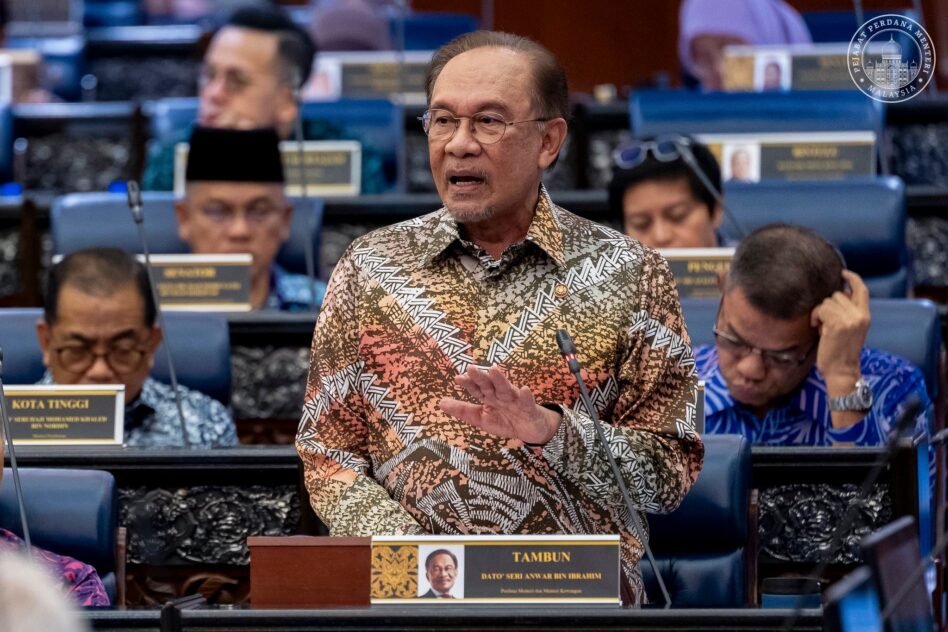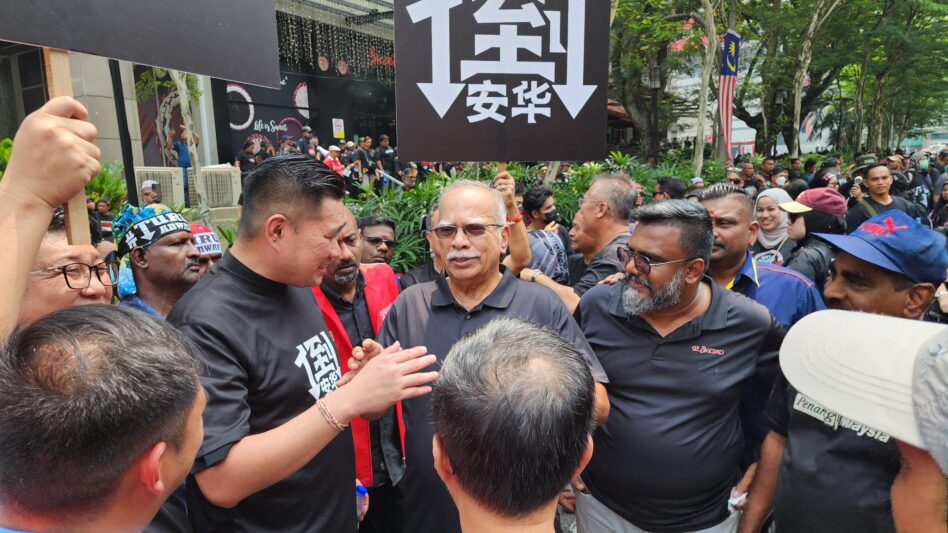MINUS the showmanship and drama surrounding the 13th Malaysia Plan (13MP) presented in Parliament, there is nothing extraordinary about this latest development agenda for the next five years (2026-2030).
Prime Minister Datuk Anwar Ibrahim assured Malaysians that the plan would shift from an ethnic-based to a needs-based approach. In this way, he claimed that no Malaysian would be left out of the mainstream of development.
However, in practice, the 13MP mirrors previous five-year plans. The Bumiputera community continues to be prioritised, receiving substantial financial assistance to secure their strategic economic participation.
Anwar is undoubtedly aware of the political implications of deviating from this entrenched formula.

In comparison, the Chinese community was promised the development of their new villages while for the Indian community, the focus was on expanding their participation in skills-based programmes. These gestures appear more tokenistic than transformative.
Still drawn along racial lines
That the attention paid to the Bumiputera community contrasted with these symbolic offerings to others – including the Orang Asli – belies the rhetoric of inclusivity.
Despite its claimed departure from race-based development, the 13MP continues to reinforce the dominant racial hegemonic structure of previous plans.
Anwar may extol the virtues of this “wonderful” plan but beneath the cosmetic changes, it is largely a continuation of the status quo. Whether the plan can be implemented effectively – especially given the rise in foreign debt – remains to be seen.

Strikingly, while Anwar was celebrated merely for presenting the plan with chants of “Kekal Anwar” (Anwar to continue), a major rally just days earlier saw an estimated 200,000 people in Kuala Lumpur demanding his resignation under the slogan “Turun Anwar” (Anwar to resign).
In the run-up to the 13MP’s announcement, pro-government social media was abuzz with claims of Anwar’s pivotal role in brokering a ceasefire between Thailand and Cambodia.
Anwar beamed as though he were ASEAN’s chief peacemaker. Yet, this overlooks the likely influence of US pressure – particularly tariff threats – that played a significant role in forcing the two sides to the negotiating table.
Even if Anwar did have a minor role in the ceasefire, it raises the question: why has the long-standing conflict in Southern Thailand where Malaysia is the official moderator has remained unresolved?
Anwar frequently positions himself as a champion of oppressed Muslims globally yet remains conspicuously silent on the plight of Thai Malay Muslims. – Aug 1, 2025
Former DAP stalwart and Penang chief minister II Prof Ramasamy Palanisamy is chairman of the United Rights of Malaysian Party (Urimai) interim council.
The views expressed are solely of the author and do not necessarily reflect those of Focus Malaysia.
Main image credit: Anwar Ibrahim/Faceboo




